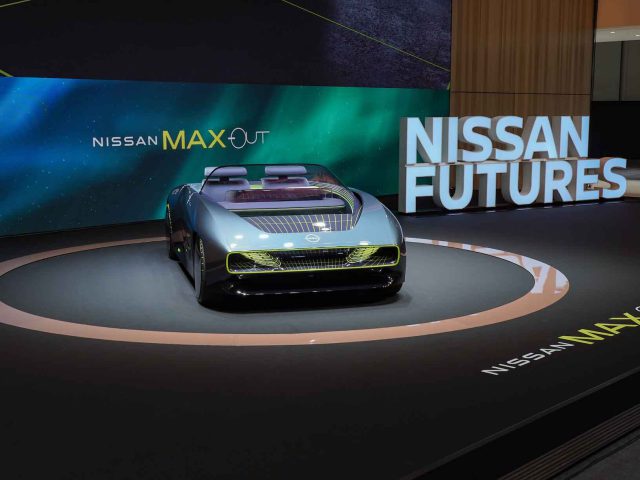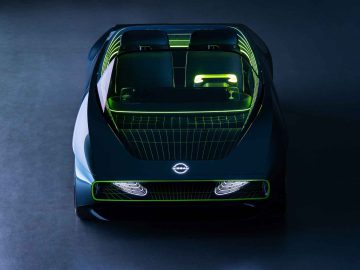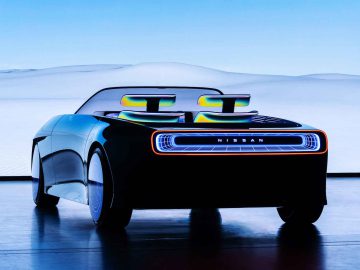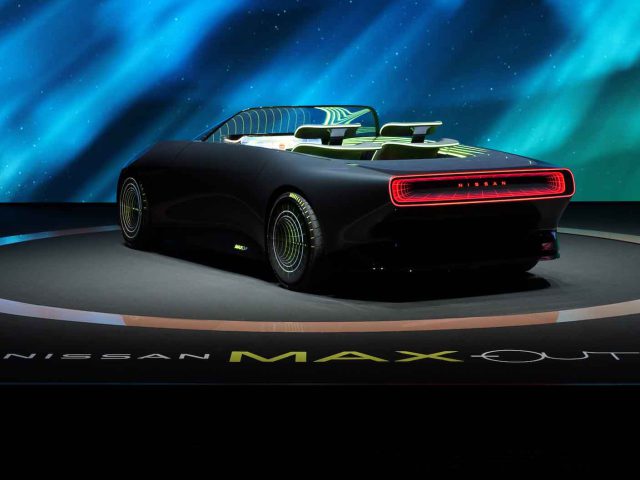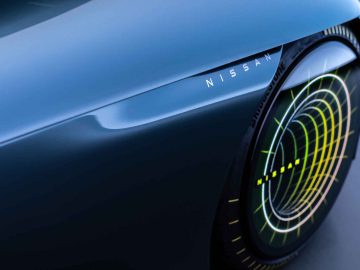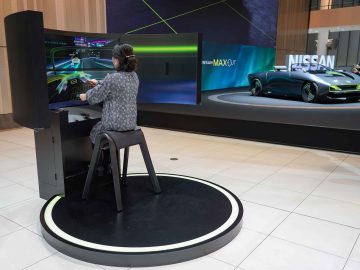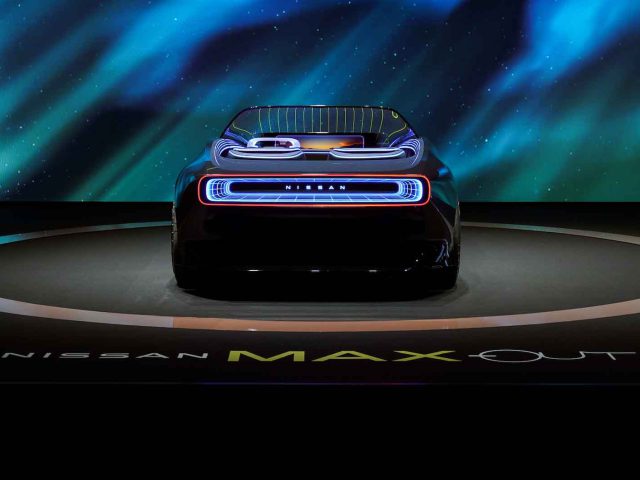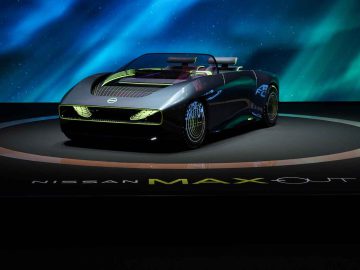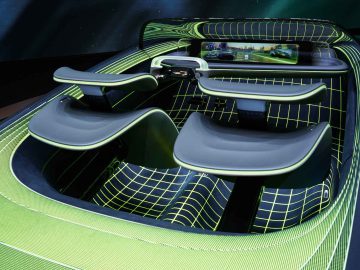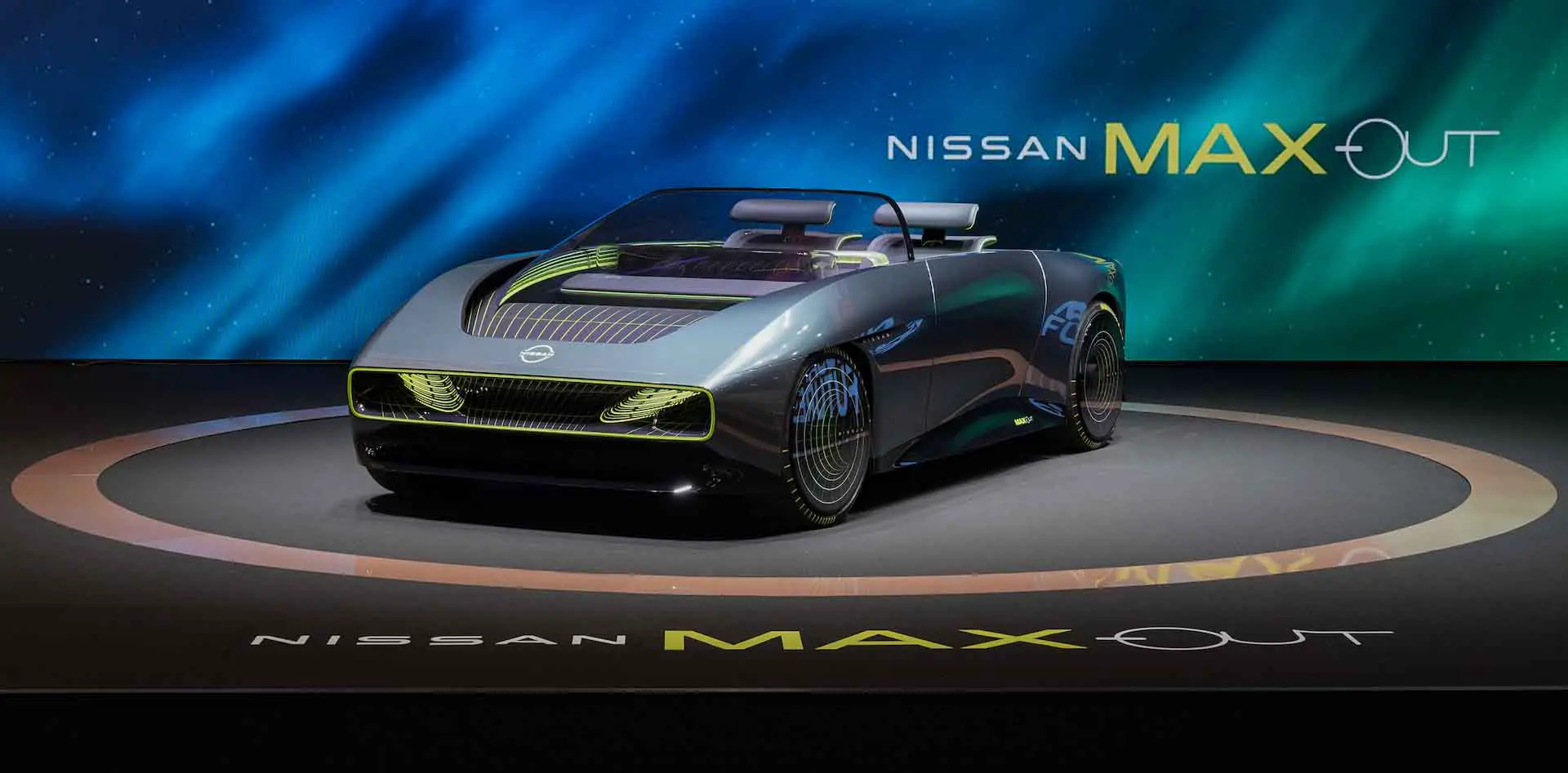Nissan Max-Out EV Convertible: from digital to reality
Nissan Max-Out EV convertible
The electric Nissan Max-Out is two-seat convertible with the idea of feeling at one with the car and experiencing a liberating sense of openness while driving. To achieve that goal, Nissan has chosen a design that is quite extreme.
Also realistic?
Of course, the car is not realistic; it is really a design study. Of course, the car is interesting from a design standpoint, as Nissan may carry certain details through to future production models. In November 2021, Nissan also unveiled other study models, including the Nissan Chill-Out (compact SUV), an electric pickup (Nissan Surf-Out) and an adventure MPV (Nissan Hang-Out), also electric, of course. But the Nissan Max-Out stood out the most. So what makes this Nissan relevant? Especially relevant is Nissan’s underlying Nissan Ambition 2030 strategy.
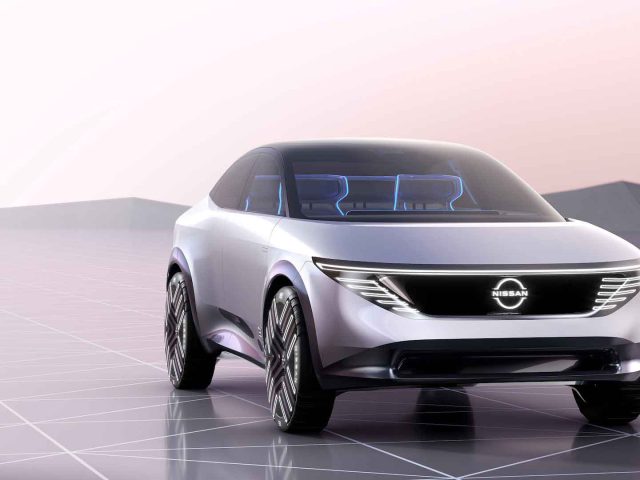
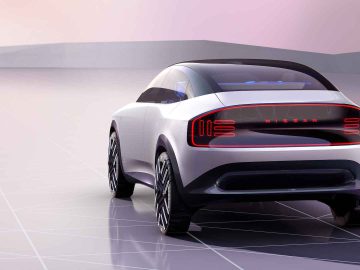
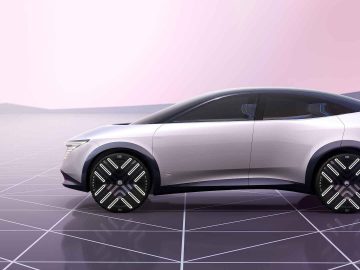
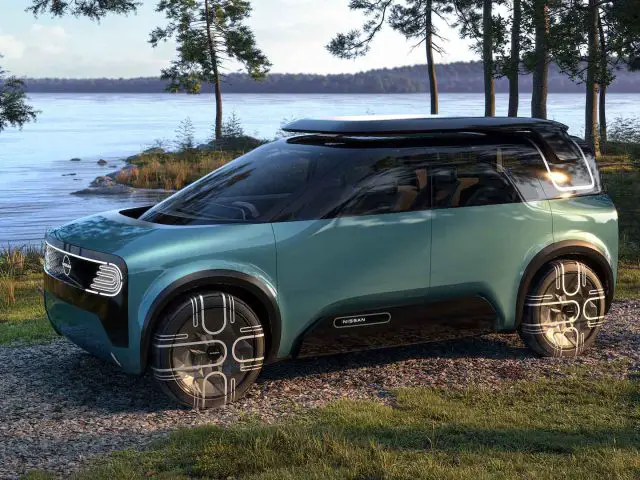
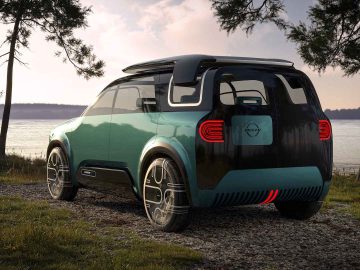
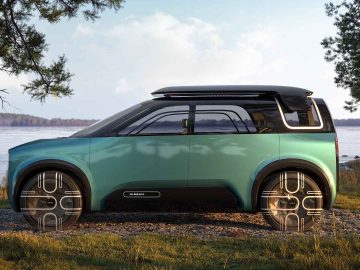
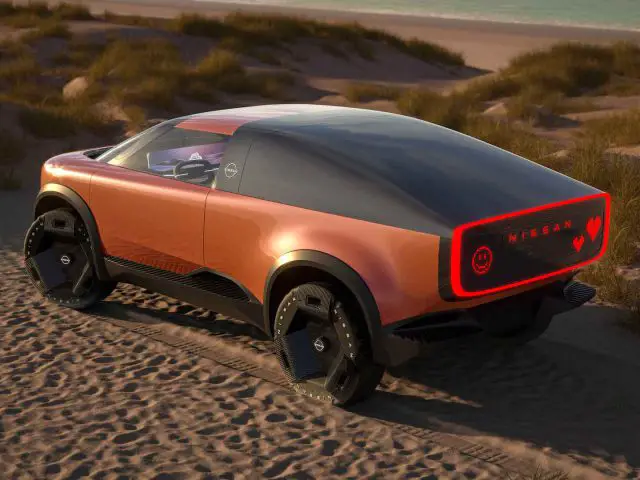
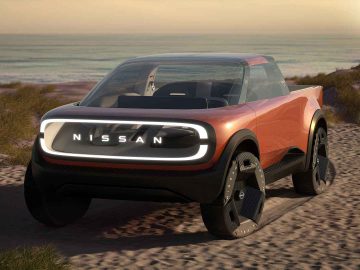
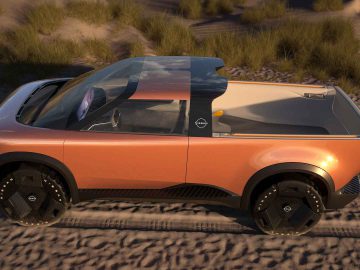
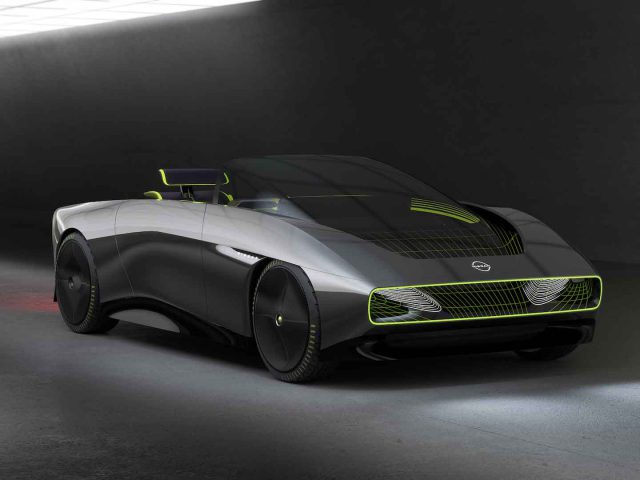
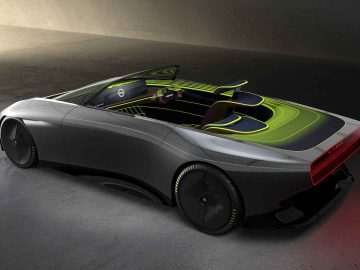
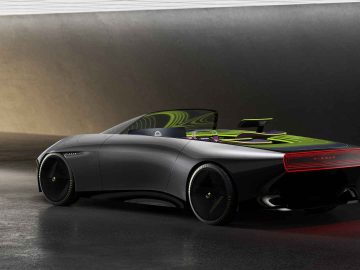
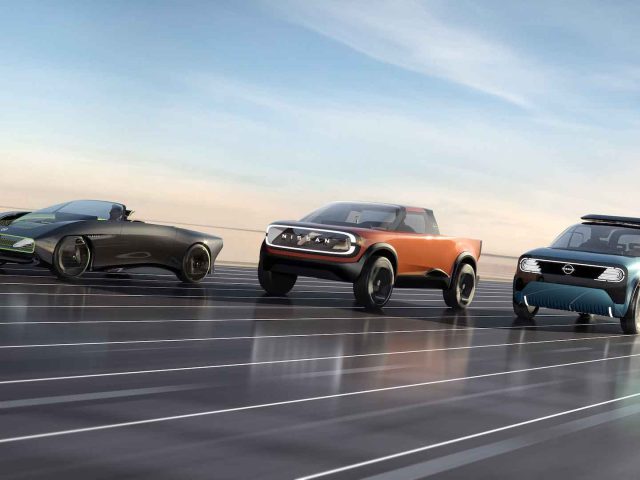
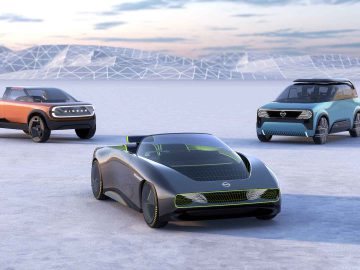
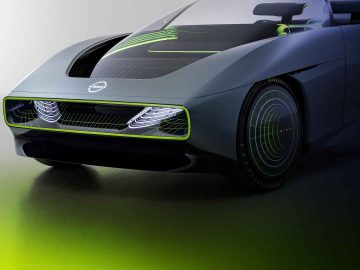
Nissan Ambition 2030
With the “Nissan Ambition 2030,” Nissan presents the new long-term strategy that goes beyond mobility. In response to important environmental, social and customer demands, Nissan is setting an even more explicit goal of becoming a 100% sustainable company. With this vision, Nissan aims to enable reliable and integrated mobility and contribute to a smart ecosystem with integrated mobility through collaborations.
Fifteen electric models from Nissan
Until fiscal year 2030, Nissan is introducing a diverse range of exciting, electrified models, including 15 all-electric ones. The goal is a global electrification share of more than 50% for the Nissan and Infiniti brands. By introducing 20 new EVs and models with e-POWER technology over the next five years, Nissan aims to increase its electrification share in key sales markets by fiscal year 2026:
- in Europe to more than 75% of sales
- in Japan to more than 55% of sales
- in China to more than 40% of sales
- in the United States to 40% of sales by fiscal year 2030
Cobalt-free batteries
Nissan’s ambition is to make safe and exciting mobility more attainable. In this context, Nissan will further develop lithium-ion battery technology and introduce cobalt-free battery technology to reduce costs by 65% by fiscal year 2028.
Solid-state battery also in the works
In fiscal 2028, Nissan will also launch a new EV with an in-house developed all-solid-state battery (ASSB). For this purpose, a pilot plant is already ready in Yokohama in fiscal year 2024. The introduction of the ASSB will allow Nissan to expand its EV offerings in various segments and provide even more dynamic performance.
Shorter load times with ASSB
Because the charging time of an ASSB is one-third shorter, EVs are becoming more efficient and accessible. Thanks to ASSB technology, the cost of EV batteries is expected to fall to about $75 per kWh by fiscal year 2028. Nissan’s goal is to further reduce this amount to $65 per kWh to bring the production cost of EVs on par with fuel cars.
Increase battery production capacity
In response to increasing global car sales and the growing number of EVs on the road, Nissan is developing a global battery delivery system. Working with various partner companies, Nissan plans to increase global battery production capacity to 52 GWh by fiscal year 2026 and 130 GWh by fiscal year 2030.
